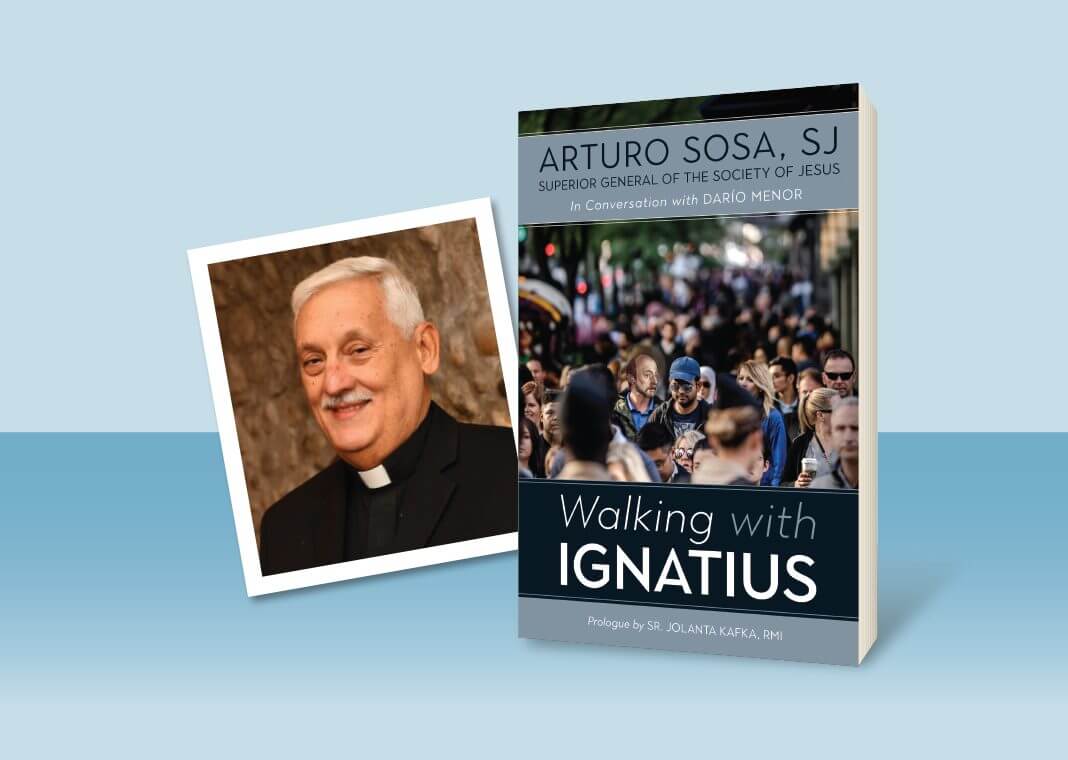Should education teach people how to deal with problems or how to try to be happy?
My basic premise is that happiness is what human life means at its deepest level. God created us to be happy. Everything we try to do is directed towards finding the thing we call happiness and being in harmony with nature. Of course, it’s impossible to attain happiness without learning to face and resolve problems. Happiness, as Jesus shows us in the Gospels, is not something abstract and friction free but is found through a process full of tension and conflict. You cannot be happy if you are unable to acknowledge conflicts and live with the tension they generate. If you associate happiness with an absence of problems, you will never be happy. Neither will you be happy if your focus is only on problem solving.
A good education includes learning how to handle tension and conflict as part of life and seeing both as opportunities for growth. Furthermore, it leads to us grasping that personal happiness is intimately connected with the happiness of the wider community. We cannot be happy in isolation. That is the framework within which Jesuit schools and colleges educate. That’s why they also educate students to develop a sense of solidarity and responsible local and global citizenship, so that they may learn to actively engage in the life of their countries and the world, become sensitive to injustice, and commit to implementing the changes needed for a better, more just future.
—Excerpted from Walking with Ignatius by Arturo Sosa, SJ






Inspiring post. Rich in food for thought and action. Thanks. Saint Ignatius of Loyola – Pray for us.
Thank you for this post. Much wisdom and insight about happiness, conflict and the indispensable role of Ignatian values-based education.
Rob
Education becomes propaganda if ideals are crossed in mixed messages. When wisdom is held as the ideal, sub-sets fall in place.